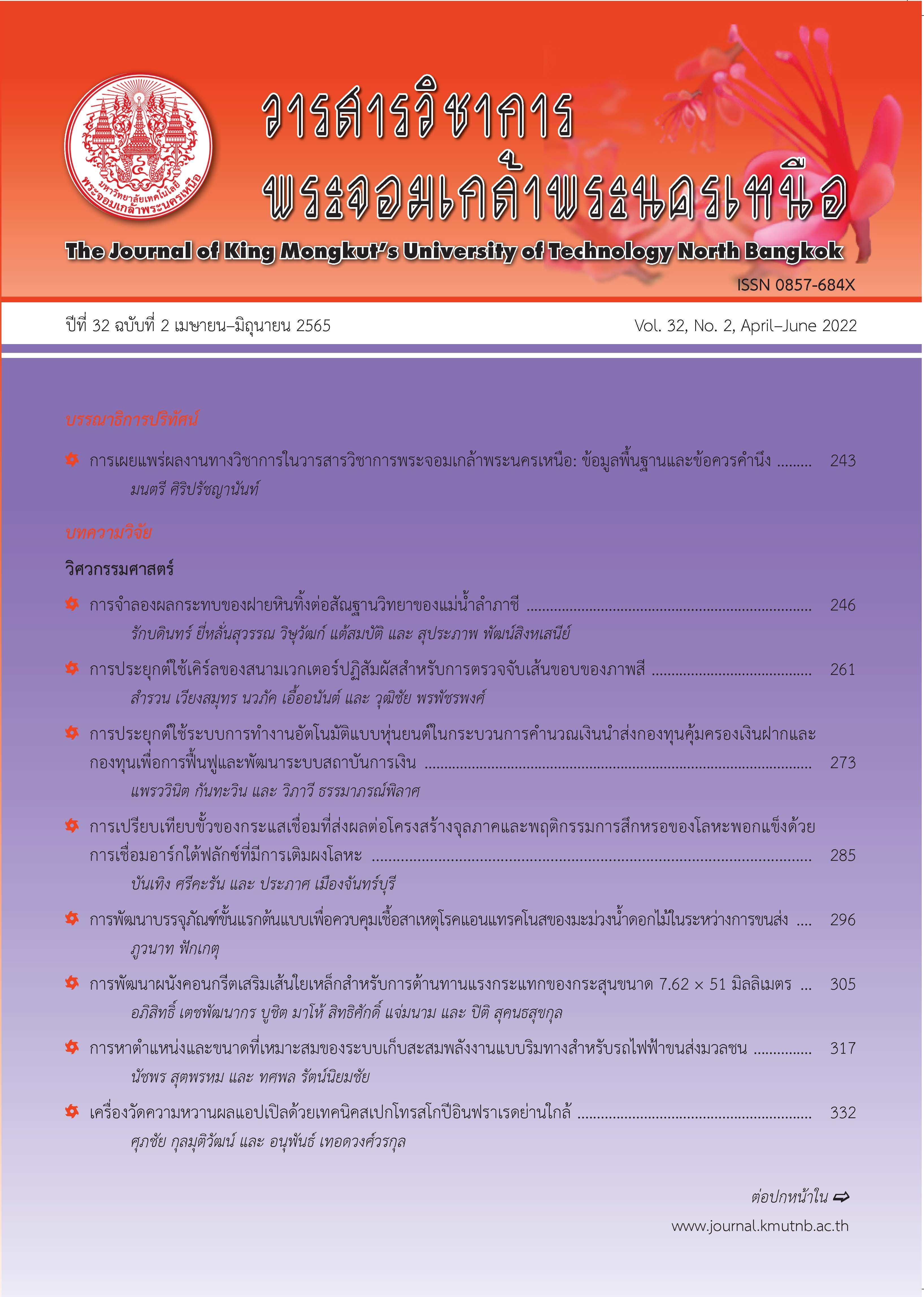The Potential Development Model of Contact Center Management in the Digital Age
Main Article Content
Abstract
The purposes of this research were: 1) to study the potential components of contact center management in the digital age, 2) to develop a potential development model of contact center management in the digital age, and 3) to create a potential development manual of contact center management in the digital age. This study was integrated the method of qualitative and quantitative approaches using in-depth interview questions, focus group discussion, and questionnaires. The participants were contact center administrators, people development management team, technology and innovation management team. The data were analyzed by using content analysis and statistic for frequency, mean, percentage, standard deviation, and factor analysis. The results revealed that the developed model of potential of contact center management in the digital age comprised 3 essential dimensions. The first dimension was competency consisting of 4 sub-components: 1) Proficiency in Services, 2) Proficiency in Data and Innovation, 3) Professional Leadership, and 4) People and Self-empathy. The second dimension was Management consisting of 5 sub-components: 1) Planning Management, 2) Performance Management, 3) People Management, 4) Productivity Management, and 5) Professional Coordination. The third dimension was Innovation composing of 2 sub-components: 1) Paradigm of Service and 2) Process Innovation.The model was approved by the experts with consensus agreement for its appropriateness.The manual of contact center management in the digital age was evaluated by the experts as being suitable at the highest level (x = 4.84).
Article Details

This work is licensed under a Creative Commons Attribution-NonCommercial-NoDerivatives 4.0 International License.
The articles published are the opinion of the author only. The author is responsible for any legal consequences. That may arise from that article.
References
S. Sermcheep, “The role of the service sector and national development in the in Thailand 4.0,” Thansettakij Newspaper, Bangkok, Thailand, 2018 (in Thai).
Thailand Contact Center. (2019, April). Contact Center คืืออะไร. [Online] (in Thai). Available from : https://www.thailandcontactcenter.com/ knowledge/contact-center-%E0%B8%84%E0 %B8%B7%E0%B8%AD%E0%B8%AD%E0%B8 %B0%E0%B9%84%E0%B8%A3/
S. B. Parry, Evaluating the Impact of Training. Virginia : American Society for Training and Development, 1997.
L. Gulick and L. Urwick, Notes on the Theory of Organization. New York : Columbia University. Institute of Public Administration, 1937.
J. Tidd and J. R. Bessant, Innovation and Entrepreneurship. West Sussex: John Wiley and Sons, 2007.
A. Puvitayaphan, Career Development in Practice, HR center company, 2013 (in Thai).
B. Pimsak, P. Tangpaisarn, and S. Siwina, “The development of a strategy implementation model of primary health network in Roi Et Province,” Journal of the Department of Health Service Support, vol. 15, no. 2, pp. 27, 2019 (in Thai).
C. Khunpolkaew. (2018, May). Professional call center management (2). [Online] (in Thai). Available: https://www.bangkokbiznews.com/ blog/detail/633677
W. Rattanawong, N. Suwanno, and T. Jindabot, “Service innovation measurement of thai tourism business: Small and medium enterprises,” Journal of Management Science, vol. 31, no. 1, pp. 119–146, 2014 (in Thai).
F. Gallouj, “Innovation in services and attendant role and new myths,” Journal of Socio Economics, vol. 31, pp. 137–154, 2002.
International Customer Management Institute. (2019, April). Next-Generation Service: The_Role of AI, IoT, and Automation in ContactCenter Transformation. [Online] Available: https://www. icmi.com/-media/Files/Resources/Research/ ICMI17_Oracle_Research_AI_ExecSummary_ vFinal.ashx?la=en&hash=51493F97DCF5916A 796A779BFE6D16CC78A9AFDA

